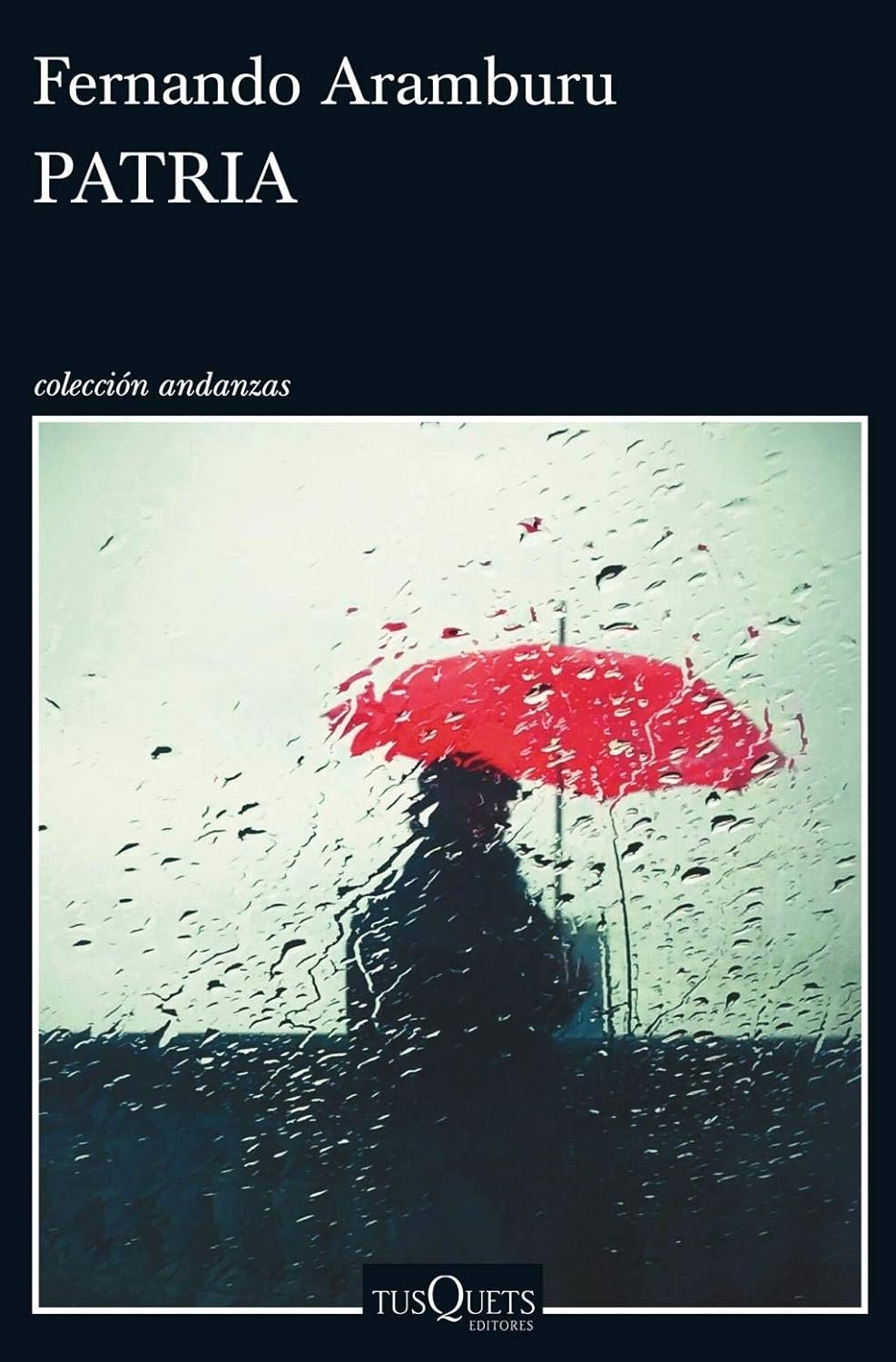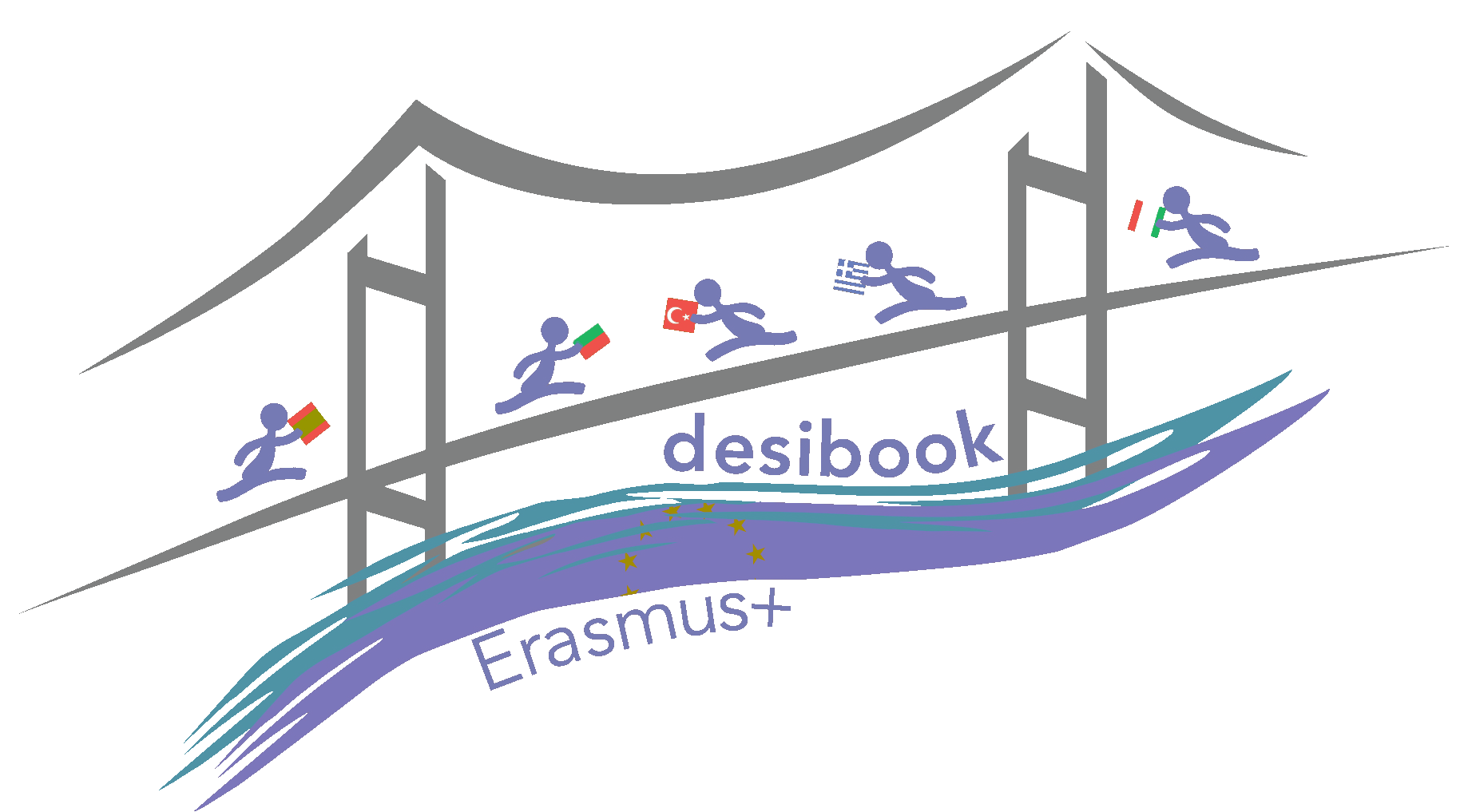PATRIA / HOMELAND
 “>
“>
Author:
Fernando Aramburu Irigoye
Country:
Spain (ES)
Book Theme:
From book to video
Publisher:
TUSQUETS EDITORES
Publishing Year:
2016
Spanish writer, essayist and poet with a degree in Hispanic Philology. He began promoting culture through literary magazines, with proposals of a surrealist nature and actions of all kinds characterised by a particular mixture of poetry, counterculture and sense of humour.
In his hometown, San Sebastian, he collaborated in the foundation of the CLOC Group for Art and Artlessness.
In 1985 he moved to Germany to teach Spanish to the children of emigrants. In 2009 he gave up teaching to devote himself exclusively to literary creation. He currently lives in Hannover and is a regular contributor to newspapers and magazines.
His books have been translated into several languages. In 2016, he published the novel Patria, which was a critical and public success.
National Award for Children’s and Young People’s
Abstract
This sublime novel, set in the Basque Country between the 1970s and 1990s, accurately portrays the cruelty experienced in the Basque Country, the oppression and the danger to which the Basque people who did not support the pro-independence and political ideals of the terrorist group ETA were subjected.
Its content has helped the generations following the definitive cessation of violence by ETA in 2011, to learn about and take an interest in a problem that killed hundreds of innocent people through numerous attacks on civilians, politicians, soldiers, journalists… in various parts of Spain, which unfortunately made headlines every day for many years in the press and on television.
Patria focuses on the story of two close-knit families living in the same village near San Sebastian, who over the years end up at odds for political reasons when one of ETA’s targets is Txato, the husband of Bittori, one of the protagonists, who is murdered by the son of her best friend Miren. Bittori perfectly narrates the before and after the death of her husband, we can perceive the hatred, the resentment, the impossibility of asking for forgiveness and the disastrous consequences that political fanaticism has had on their lives.
Bitorri and her children suffer the loss of Txato, an enterprising man who achieved a good economic position with his transport company. His life is shattered after he is extorted and threatened and finally murdered by Jose Mari, the son of his best friends, who will end up in prison for being an ETA fighter and participating in several terrorist attacks and actions.



